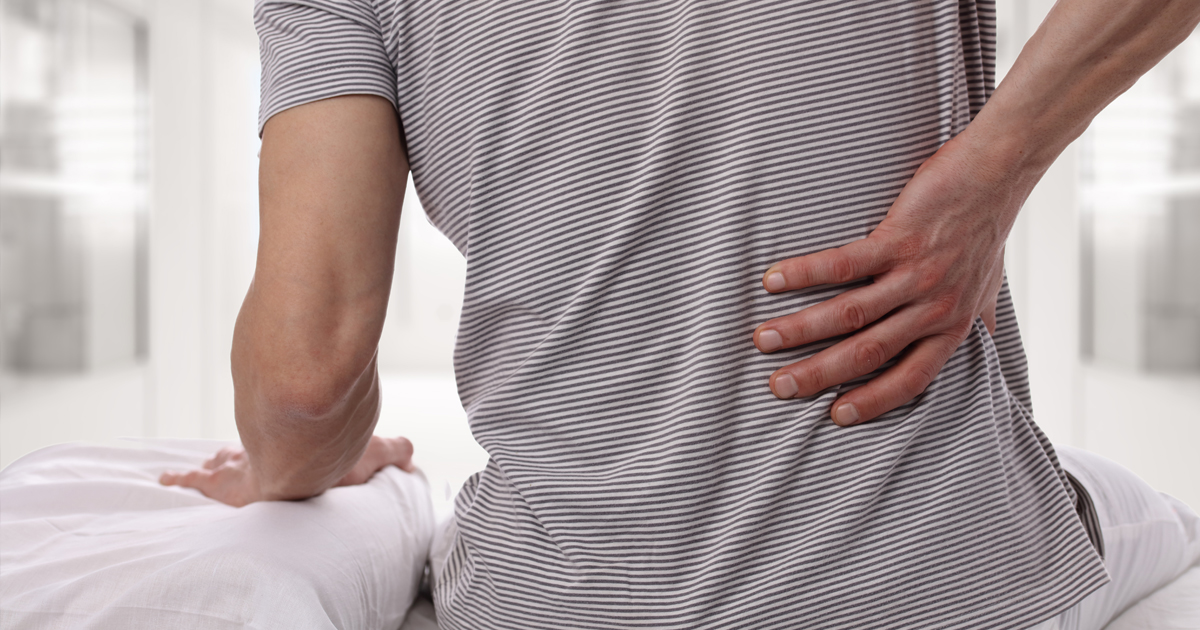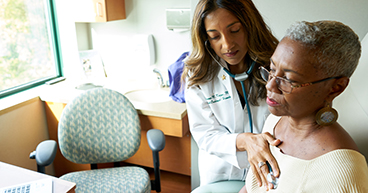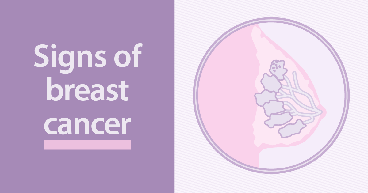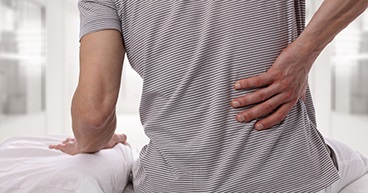
Cancer patients often deal with a long list of physical side effects. But unlike fatigue, nausea, neuropathy and other well-known physical challenges that typically come with fighting cancer, some common conditions don’t get as much public attention. That may make it more difficult for patients to anticipate the side effects, to seek proper treatment for them, or to even recognize that they may have been caused by cancer or its treatment. Take back pain, for example. Is it a muscle strain or a sign that cancer has spread? Or when it comes to itching, is it a symptom of dry skin or a result of the hormone therapy the patient is taking to treat her breast cancer? Night sweats is another common complaint—was it the spicy food or a side effect of treatment? Knowing the answers may help patients better manage these issues so they don’t disrupt their quality of life.
“ Cancer patients are whole people with whole histories, and sometimes it's hard to know what is causing certain symptoms.” - Katherine Anderson, ND, FABNO - Chief of the Division of Naturopathic Medicine at Cancer Treatment Centers of America® (CTCA)
Back pain
Back pain may be a symptom of conditions unrelated to cancer, such as a ruptured disc. But cancer patients who experience these aches and pains during rest or even after medication or physical therapy may want to talk to their doctor about whether the pain is cancer-related.
For some cancer patients, for example, back pain is a sign that the cancer has traveled beyond its origin—namely, to the bones and spine. That especially happens with some breast and prostate cancers, which typically spread first to the bones, but it also happens with other metastatic cancers, such as those of the colon, rectum, ovaries and lung. In fact, up to 25 percent of lung cancer patients experience back pain. Because the disease typically isn’t suspected until it has progressed to advanced stages, back pain also may be one of the first symptoms that people with undiagnosed lung cancer notice.
To help relieve back pain that’s not related to cancer, Anderson says she typically suggests that patients use acupuncture as an alternative to opioids. She also prefers options like chiropractic care, generalized stretching, deep breathing techniques and natural anti-inflammatories, such as fish oil and curcumin, a plant-produced chemical.
Itchy skin
In general, itching is not a symptom of cancer, although it may be a sign of advanced cases of pancreatic and liver cancer, when the cancer has progressed enough to cause jaundice—a yellowing of the skin or eyes that occurs when the organs aren’t functioning properly. Most of the time, itching is a sign of much more benign conditions like allergies or dryness, although it may be caused by certain cancer treatments, such as chemotherapy, radiation or targeted therapy.
To help soothe itchiness, patients may try a number of remedies, which typically involve moisturizing and hydrating the skin. Anderson suggests that patients:
- Use skin creams that don’t contain alcohols or fragrances
- Use warm water instead of hot water while bathing
- Use a mild, unscented soap
- Use baking soda instead of deodorant
- Drink plenty of water and get plenty of rest
Night sweats
Menopause and fever are the most common causes of night sweats, but other, external factors may be at play, like exercising or eating spicy foods too close to bedtime. Night sweats may also be caused by cancer treatments like chemotherapy and hormone therapy, or they may develop as a symptom of cancer itself.
The most common types of cancer associated with night sweats are lymphoma, leukemia, bone cancer, liver cancer and mesothelioma. “It’s unclear why some types of cancer cause night sweats, but they may occur because your body is trying to fight the cancer,” Anderson says. “If your night sweats are caused by cancer, you’ll likely experience other symptoms, too, like unexplained weight loss and fevers without infection. Also, they’ll typically stop once your cancer is treated.”
Some tips for managing night sweats include:
- Placing a damp cloth or cold compress on your forehead
- Wearing loose-fitting clothes made of cotton
- Taking a cool shower before bed
- Practicing relaxation and stress-reducing techniques like yoga and meditation before bed
- Using a fan at night
A number of lifestyle changes may also help ease back pain, itchy skin or night sweats. For instance, obesity is a risk factor for back pain in both men and women, and Anderson says she notices night sweats more often in breast cancer patients who are overweight. “Changes in diet and movement are going to help you manage your weight, build muscle mass and improve immune function, and those benefits are going to have a cascade effect to other areas of your life,” she says.



